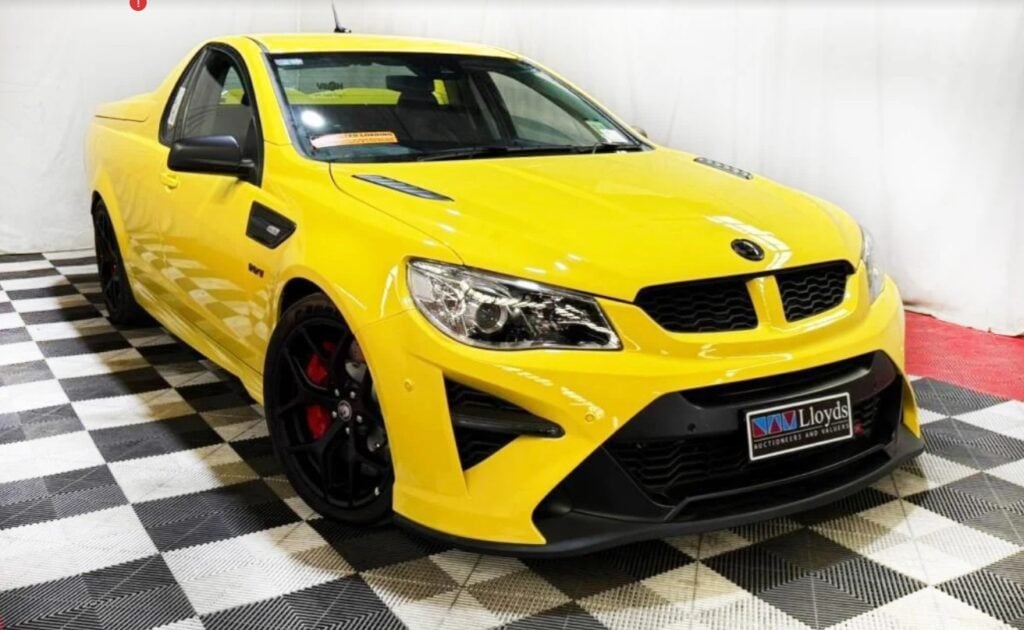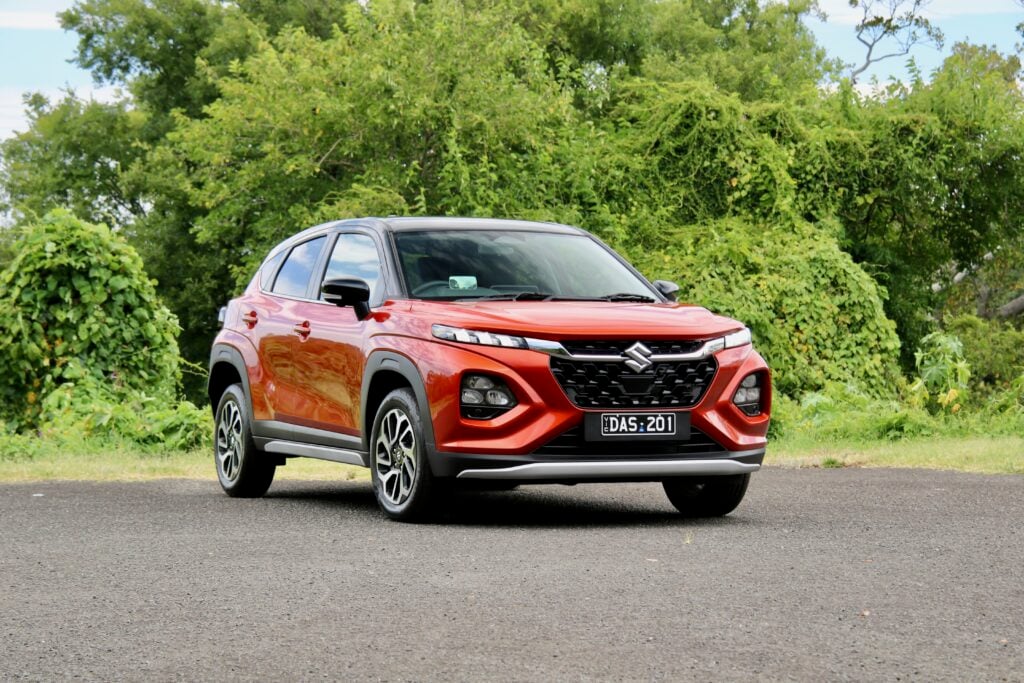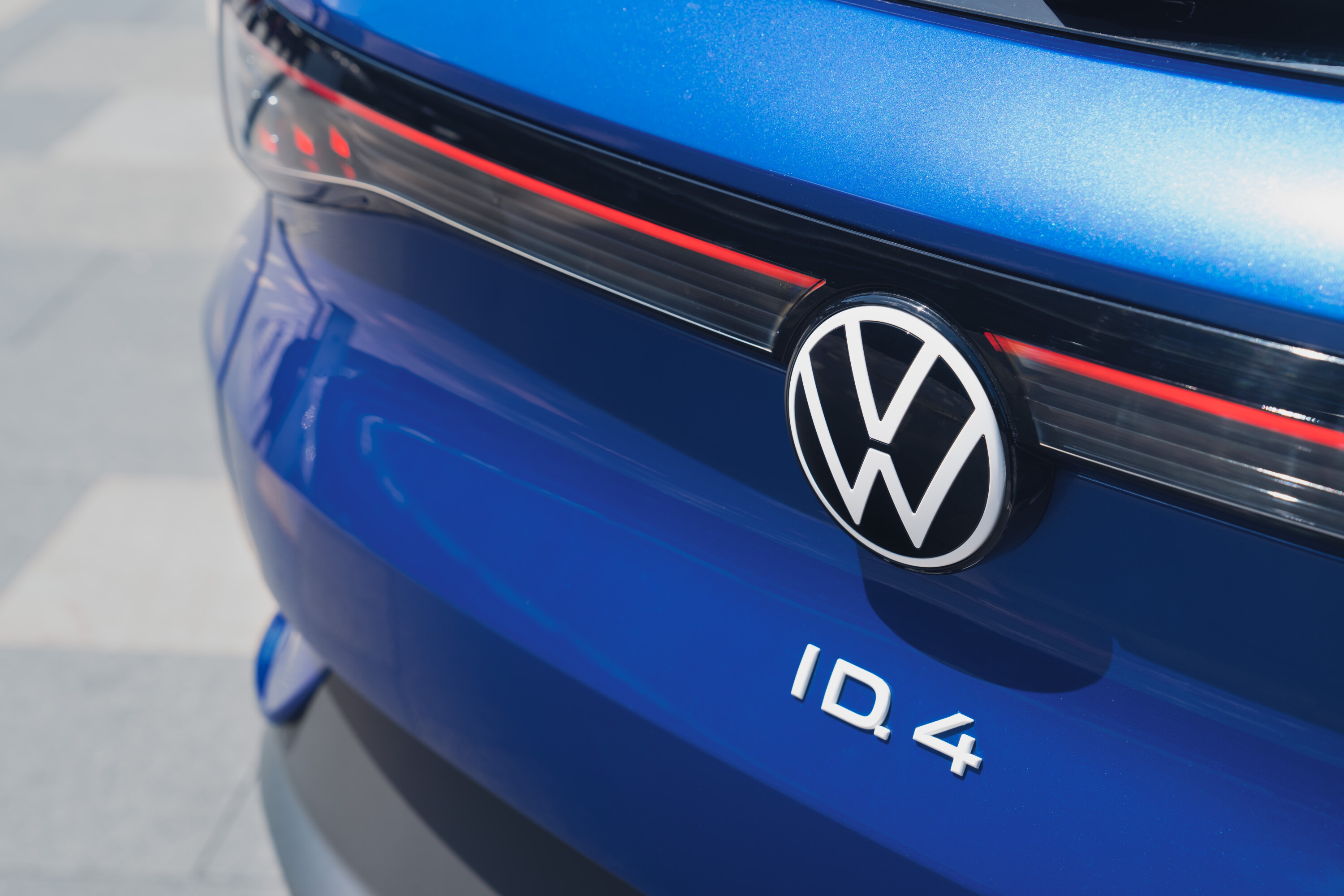
Volkswagen brand CEO Thomas Schäfer has shed more light on what to expect from its much-anticipated affordable electric ‘people’s car’.
Snapshot
- VW ID.2 is Europe-focussed, wonu2019t be under $40,000
- Production hub in Spain, including prismatic battery
- Cheaper $30,000 ID.1 EV coming by 2027
Speaking with Automotive News Europe, Schäfer confirmed one of his first moves after taking the seat in July 2022 was to commission a new concept previewing the entry-level Volkswagen ID.2 electric hatchback, which reportedly sparked controversy internally.
Entry-level EVs will be profitable
The boss said the affordable Modular Electric Toolkit (MEB) Entry platform electric vehicles – including the Volkswagen ID.2 hatch and related SUV-styled model, along with the Cupra Urban Rebel and Skoda city SUV – won’t be priced under (the equivalent of) $40,000, and will be profitable.
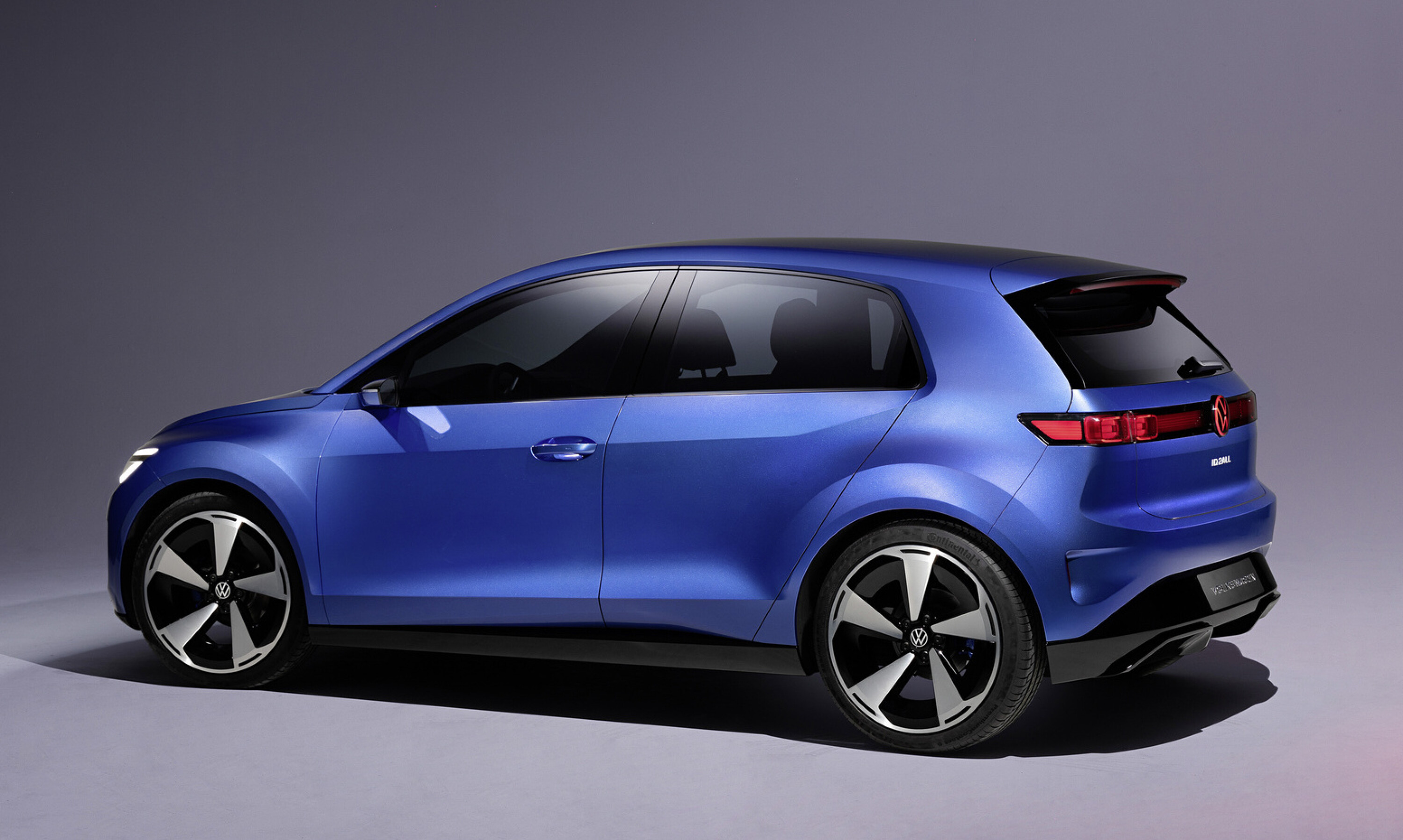
“We cannot have margins below 6 percent. With the scale we have with four vehicles from three brands [on the same MEB Entry platform]… I guarantee we can (be profitable),” Schäfer said.
“We are not a charity. We intend to make money.”
Schäfer also said that, while a smaller MEB Entry-based model will be rolled out globally, the Volkswagen ID.2 is “mainly a European vehicle.”
Higher-specced ID.2 models are also possible, such as a hot GTI version, but Volkswagen is “definitely not going to… repeat what we did in the past and sell a confusing amount of variants.”
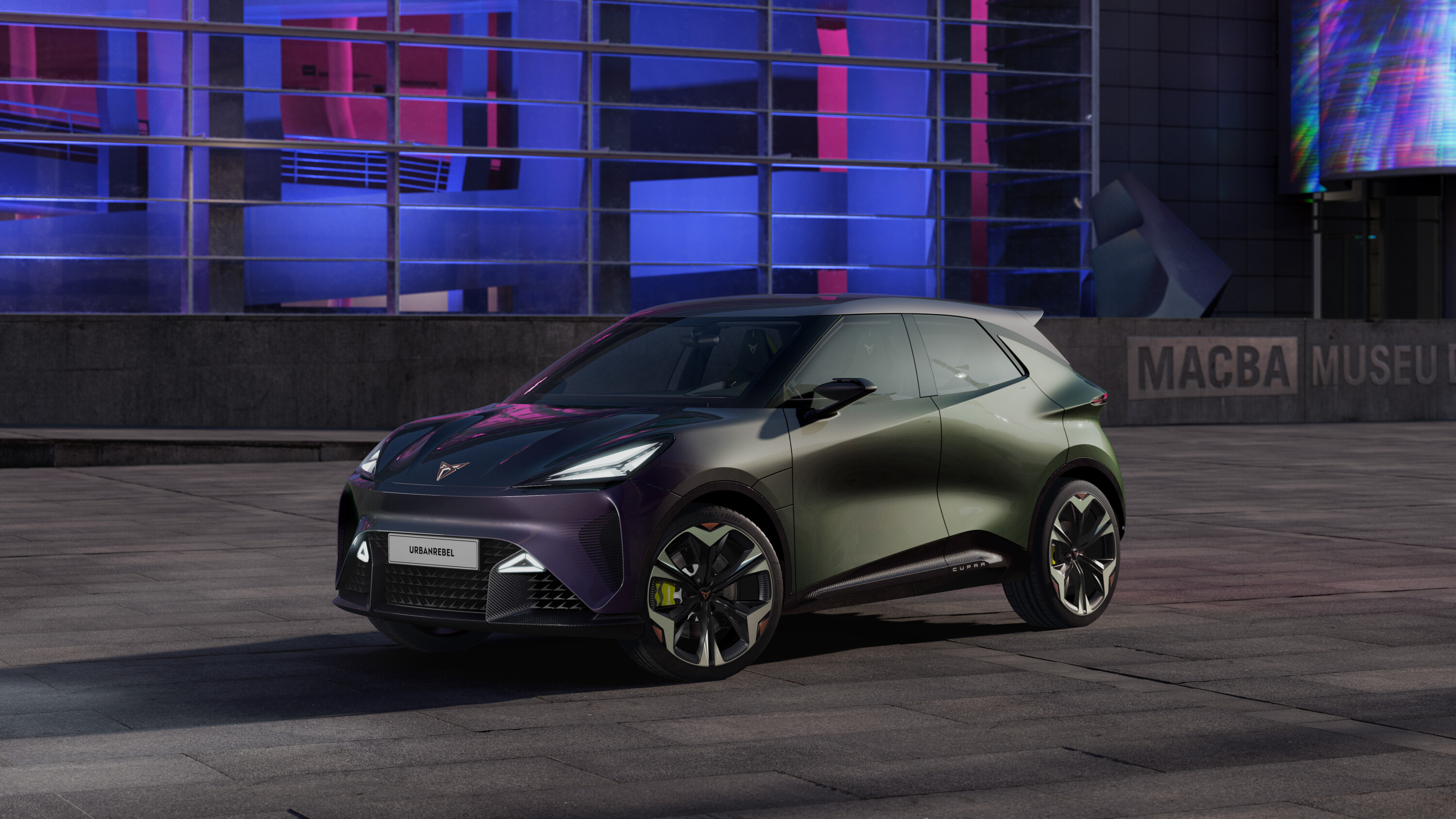
Made in Spain, ‘industry-standard’ battery
The ID.2 and Cupra Urban Rebel electric hatches will be produced in the same factory in Martorell, Spain, whereas the yet-to-be named VW and Skoda city SUVs will be made in a separate Pamplona, Spain plant from the second half of 2025.
The affordable EVs will all share the same battery packs from Volkswagen’s new Sagunto, Spain battery plant from 2026. However, in the interim, the group will get its batteries from the Salzgitter, Germany factory and external supplier Northvolt.
Both the energy dense lithium-ion nickel-manganese cobalt (NMC) and longer life-cycle lithium-iron-phosphate (LFP) battery packs are on the cards.
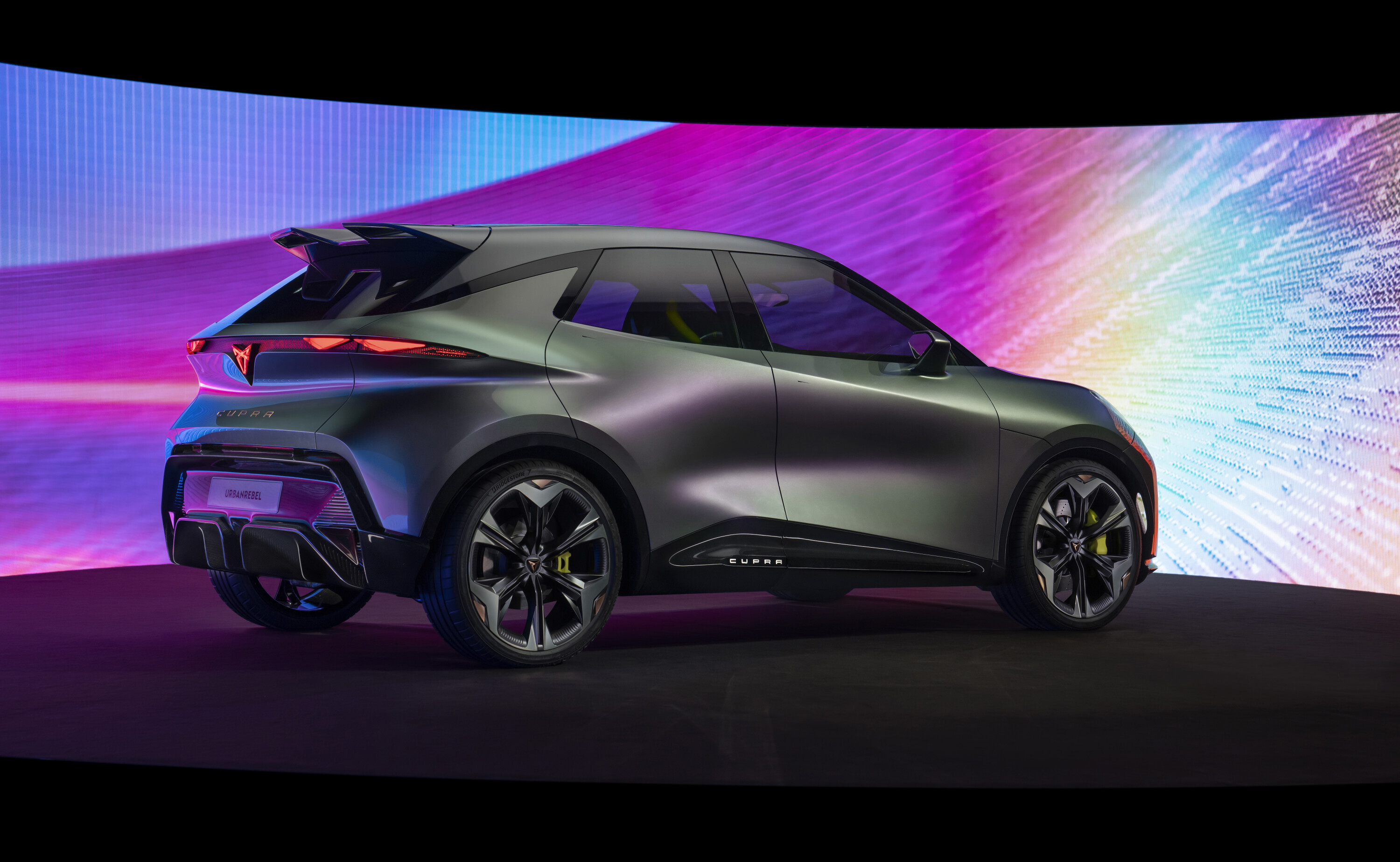
“The new Unified cell from our PowerCo subsidiary will be scaled across all models, factory by factory. That will give us a real cost advantage,” Schäfer told Automotive News Europe.
“The Unified prismatic cell gives us enough density, and we think it’s going to be the industry standard going forward.
“To get a car below 25,000 euros, that has no compromises with safety and range, is literally impossible at the moment.”
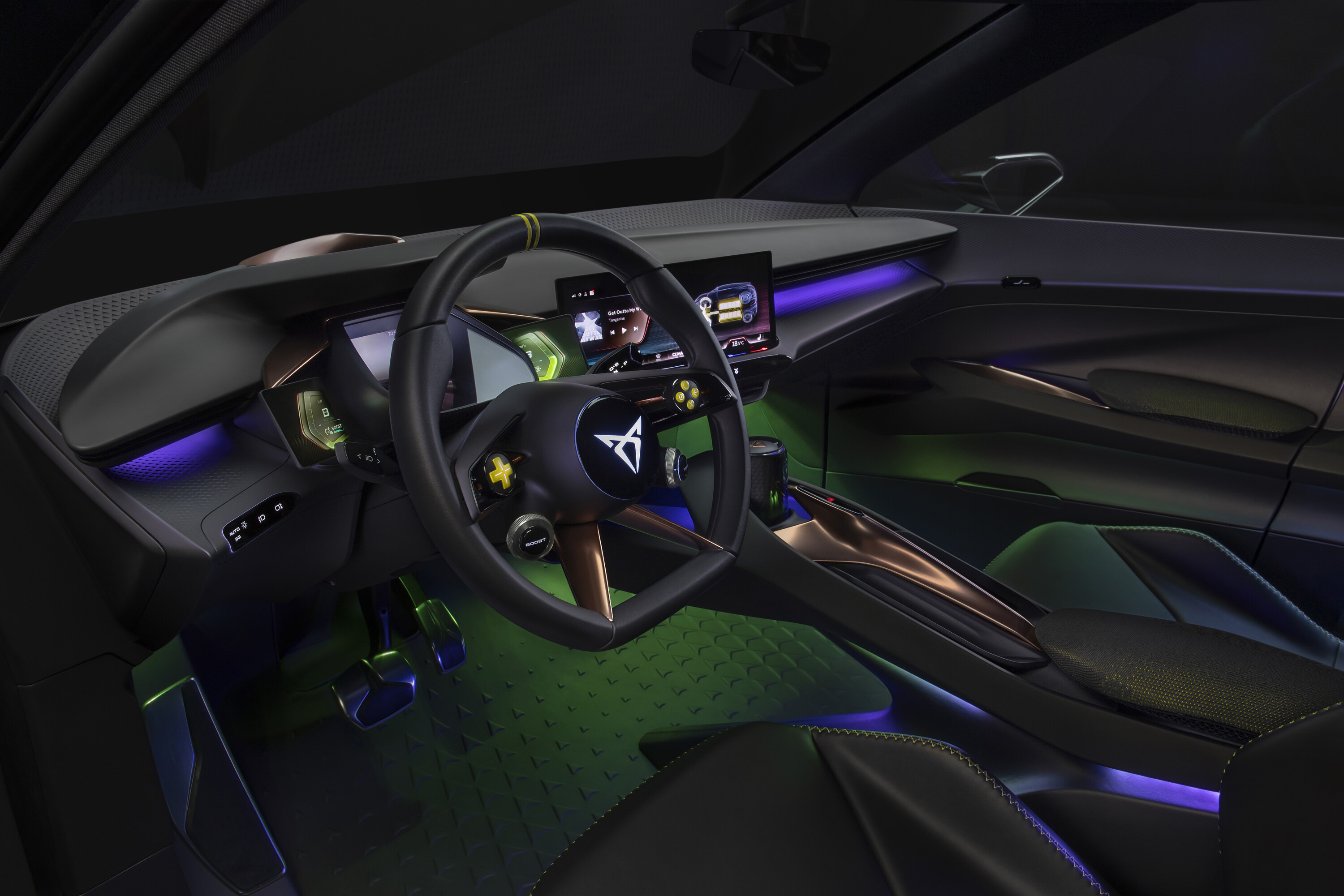
Even cheaper VW ID.1?
An even cheaper sub-$30,000 Volkswagen ID.1 has been mooted to launch by 2027 “at the latest” in a joint project with the Skoda brand.
However, it’s unlikely to adopt the already cheaper MEB Entry platform, and the brands are looking at whether to produce it in-house or via an external partner.
“Either you solve the riddle with scale, downsize the battery, or you find a partner and scale it even more. It’s not clear yet. We have four working streams in parallel at the moment,” Schäfer told Automotive News Europe.
The new model will come after the Volkswagen E-Up micro electric hatch is discontinued in mid-2024, due to new United Nations Economic Commission for Europe (UNECE) rules for cybersecurity.
Schäfer claims it would be “too expensive” to integrate a new electronic architecture into the E-Up, so it is “better to develop a new car right away.”
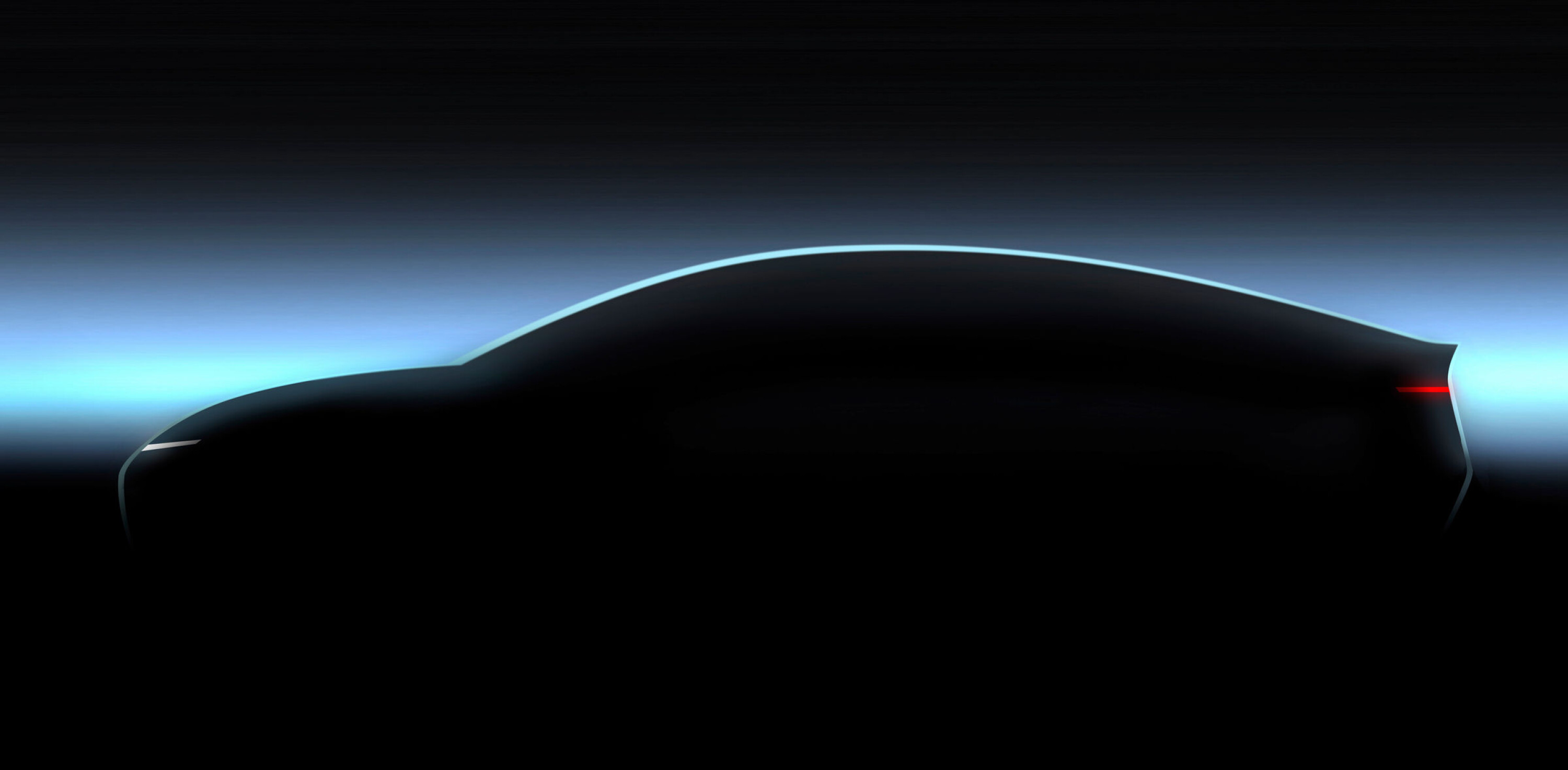
2035 European ICE ban concessions
After a push led by Germany successfully made the European Commission explicitly exempt combustion engines powered by synthetic fuels beyond 2035, Schäfer claims that he and Volkswagen Group CEO Oliver Blume didn’t lobby for it.
“[It’s] unnecessary noise from my point of view. By 2035 [combustion engines] are over anyway,” Schäfer told Automotive News Europe.
“We said by 2033 we’re done. By 2030 we plan that 80 percent of our vehicles sold in Europe are battery electric, so why spend a fortune on old technology that doesn’t really give you any benefit?
“It’s not Mr. Blume behind it. I guarantee that. This discussion around e-fuels is widely misunderstood. They have a role to play in existing fleets, but won’t replace EVs.”
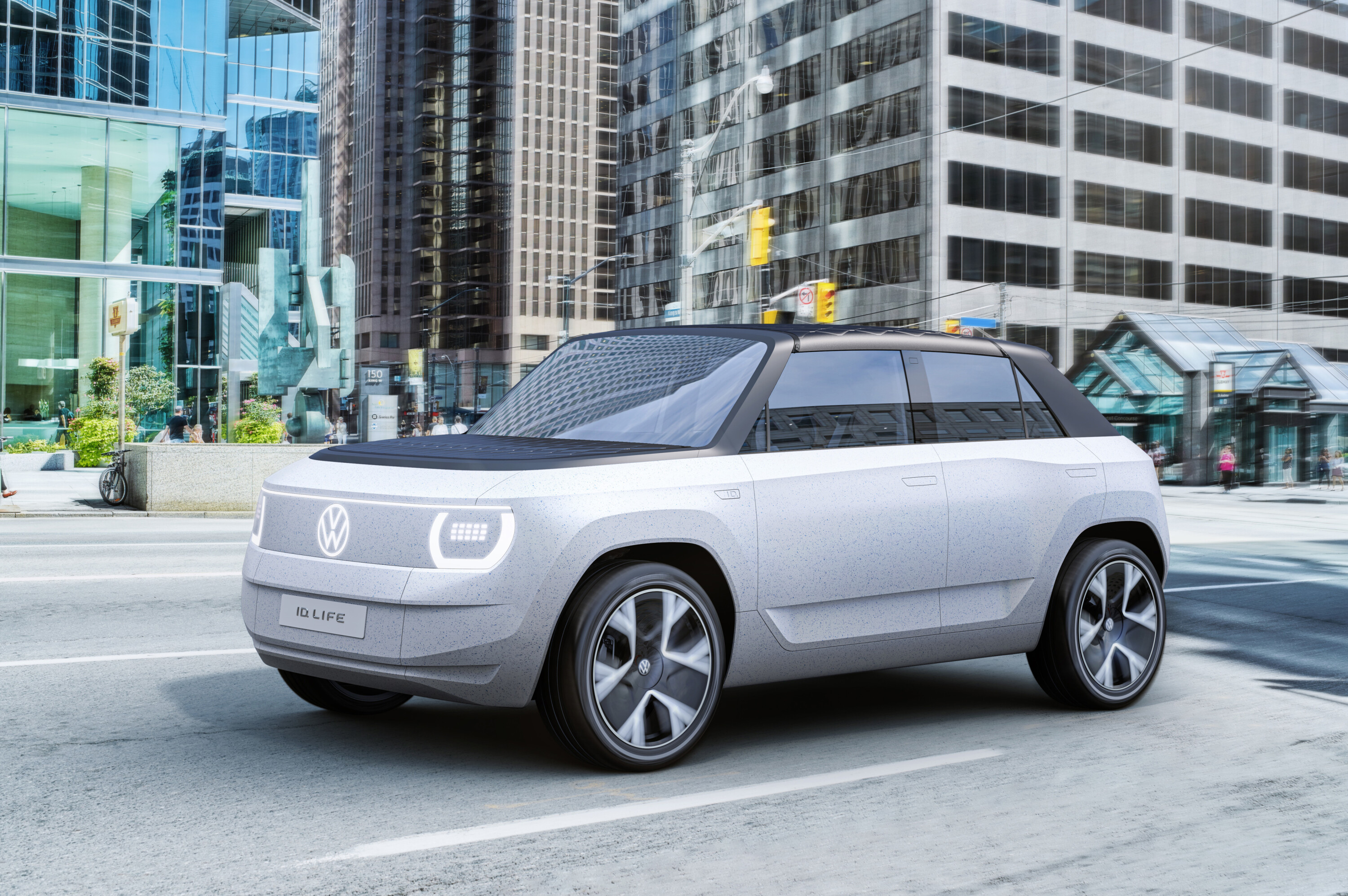
⚡ More EV stories to help you choose the best car for your needs
We recommend
-
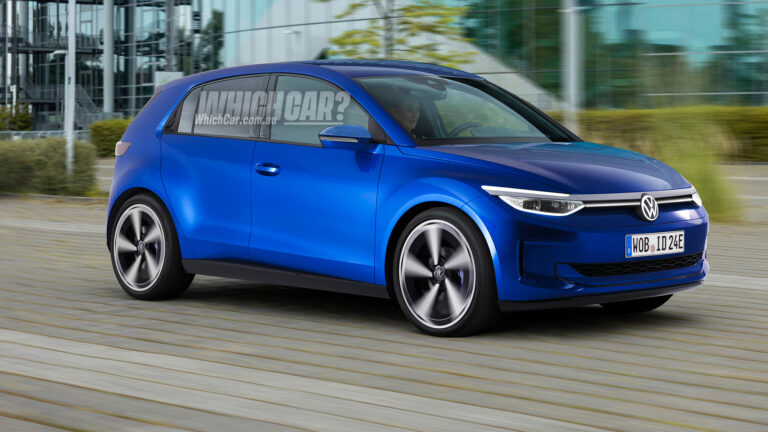 News
News2025 Volkswagen ID.2 imagined, GTI/GTX hot hatch variant confirmed
The upcoming Volkswagen ID.2 electric hatch will be heavily derived from the ID.2all concept, with a front-drive GTI or GTX performance variant confirmed
-
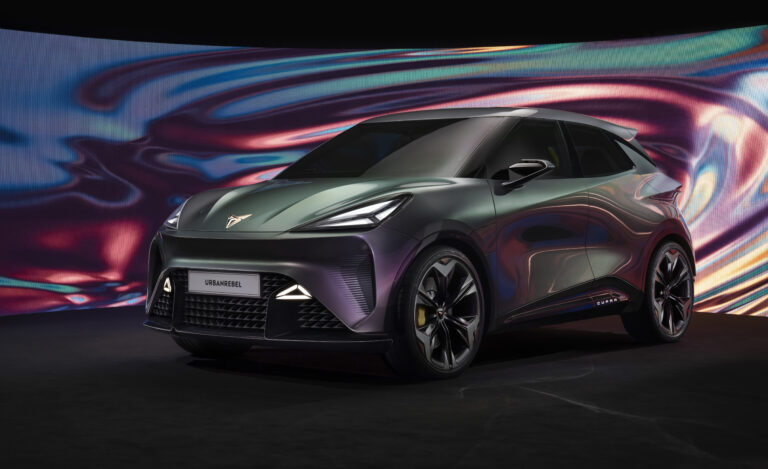 News
News2025 Cupra Urban Rebel could be sub-$40,000 EV in Australia
Electric city car aims to help mass adoption of EVs from 2025 onwards. Set to be offered with 166kW power and 440km driving range
-
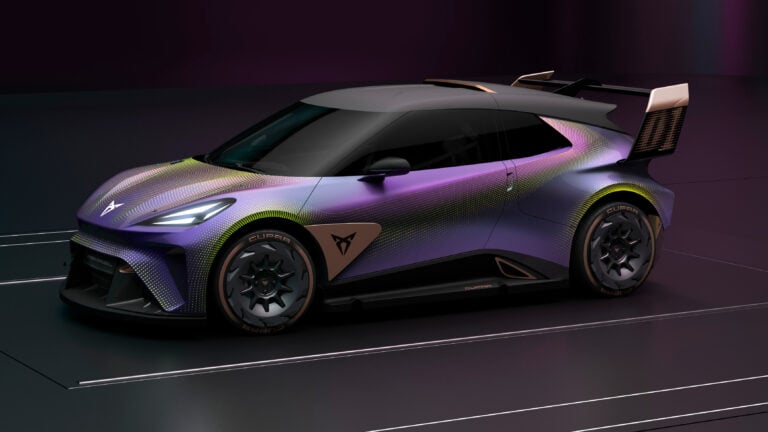 News
NewsCupra previews EV performance future with UrbanRebel concept
Track-focused concept to inspire future performance vehicles


